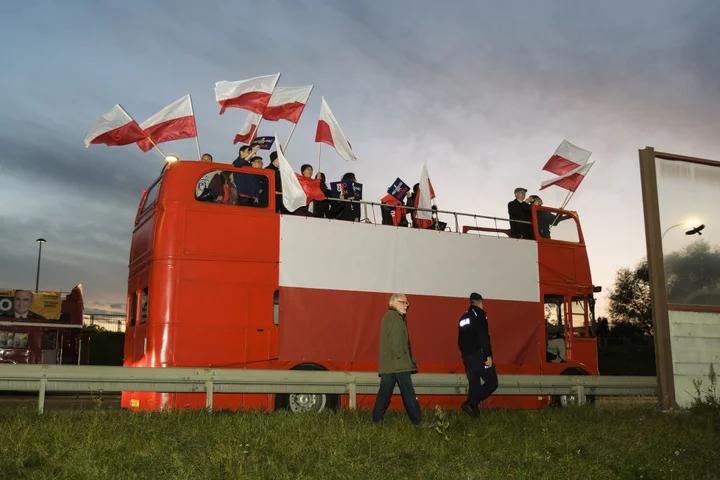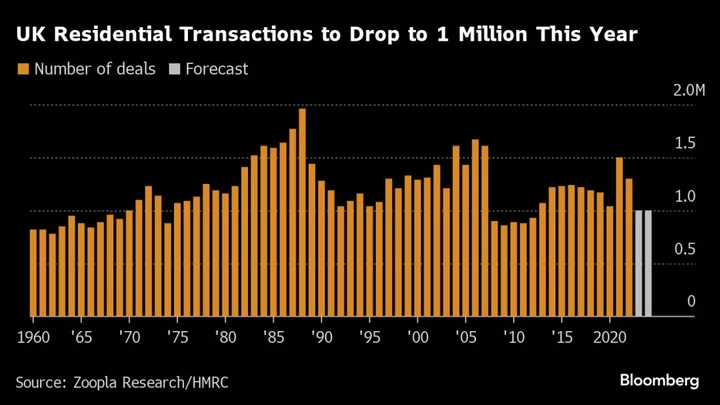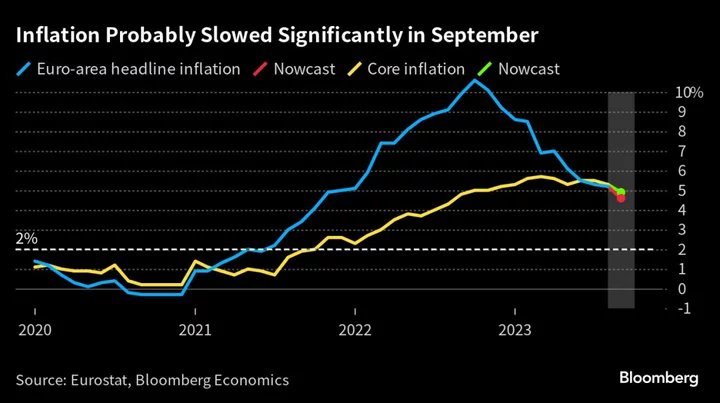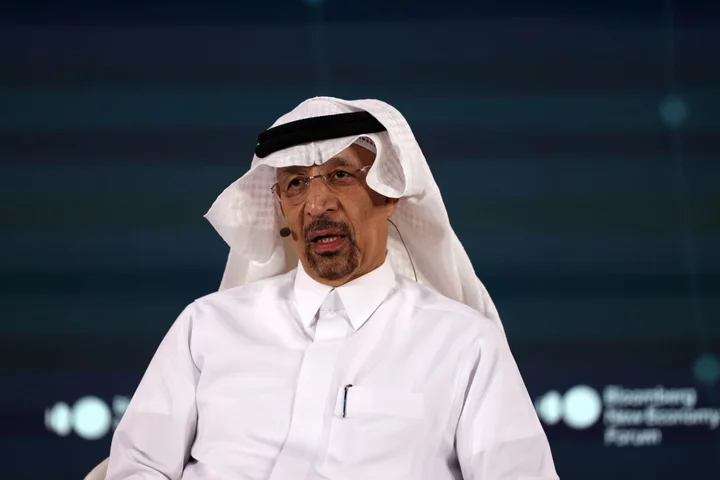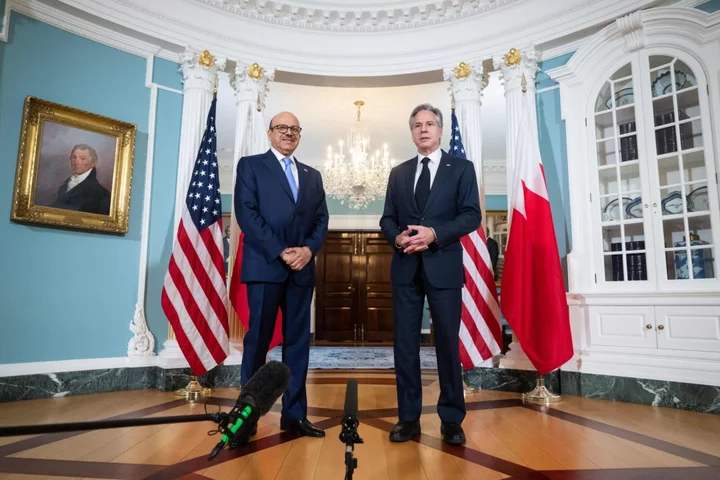Poland’s ruling nationalists are aiming to fend off a challenge by the pro-European opposition in an election shaping up to be the most consequential since the nation shook off communism in 1989.
Sunday’s parliamentary vote pits Law & Justice under Jaroslaw Kaczynski against the Civic Platform led by former European Council President Donald Tusk. Even if the parties fall short of a majority, both have potential avenues to form a government with coalition partners.
A third consecutive term for Law & Justice would cement the party’s control over the largest economy in eastern Europe and extend Poland’s isolation within the European Union as a roadblock for policies ranging from migration to climate. Should Tusk have enough backing for a majority, it would mean steering Poland back into the EU fold.
Here are some of the main issues to watch:
Will the Law & Justice Vote Hold Up?
Kaczynski’s nationalists has played to the party’s rural, heavily Catholic base: inveighing against migration, abortion and liberalism. The party leader has targeted an ever-growing list of enemies, including urban elites, LGBTQ activists, EU institutions and — with World War II memories ever-present — Germany. Target No. 1 was Tusk, who was accused both of being too cozy with Moscow and taking orders from Berlin.
Law & Justice has consistently cast itself as strong on national security in the face of Russia’s war in Ukraine.
It has also used other tools to squeeze out potential advantages: the government called a referendum on migration policy to coincide with the election, in an effort to encourage anti-immigration voters to turn out, state-owned refiner Orlen kept fuel prices low in the run up to the vote and the central bank, run by an ally of the government, delivered a jumbo interest-rate cut that many said was aimed at tilting the playing field.
How Far Will Tusk’s Momentum Take Him?
Tusk’s path to a majority lies with two other pro-EU parties, the center-right Third Way alliance and the Left. Even if they have different priorities, the three factions have pledged to restore the rule of law and mend ties with the EU. Their ultimate common cause is to dislodge Law & Justice from power.
The opposition’s hopes are that this three-way alliance secures at least 231 lawmakers in 460-seat lower house of parliament. The parties already share candidates in the race for the Senate, Poland’s upper chamber.
But any return to power for Tusk may take time. Unless the Civic Platform wins outright, President Andrzej Duda — a former Law & Justice member — may give the ruling party a first attempt at forming a government. The process could take weeks.
How Will the Far Right Play Its Hand?
If Law & Justice is looking for partners, it may find one in the far-right alliance known as Confederation. Led by a social-media savvy craft-brewery owner Slawomir Mentzen, the party has gained a following with its visceral anti-migration message while also calling for shrinking the welfare state.
Confederation has said it doesn’t want a coalition with Law & Justice. Still, the ruling party may find lawmakers in the Confederation ranks who are prepared to give it a majority and help pass legislation.
Any Rising Stars Who Could Make a Mark in the Next Parliament?
Third Way, a party alliance set up to offer an alternative to the storied Kaczynski-Tusk rivalry, gained traction last week after one of its leaders, Szymon Holownia, put in a punchy performance during an election debate.
A 47-year-old former host of Poland’s version of the reality show “Got Talent,” Holownia was looking for a boost that would put the alliance above the 8% threshold to enter parliamentary.
A lot is riding on Third Way’s potential to clear the threshold. If it doesn’t, Tusk’s ambitions are all but doomed.
And What’s With That Election Date?
The significance of hosting the election on Pope John Paul II Day was lost on nobody in Poland. The late pontiff’s place in the country’s pantheon of national heroes is hard to underestimate, particularly for the Law & Justice base.
John Paul even became an issue in the campaign. A critical documentary that scrutinized his handling of church abuse cases drew the ire of the ruling party, which accused the liberal elite of orchestrating a smear campaign against a national icon.

